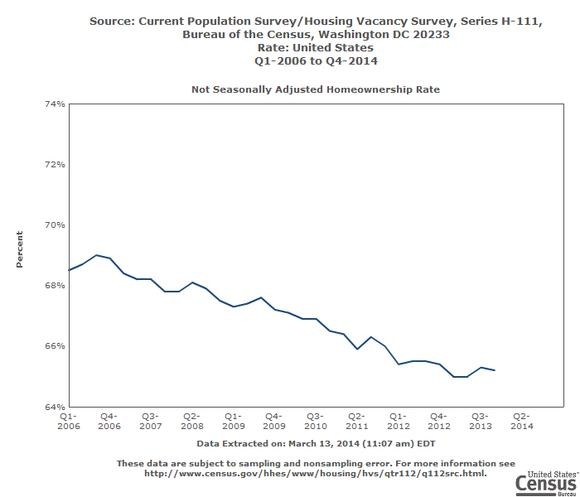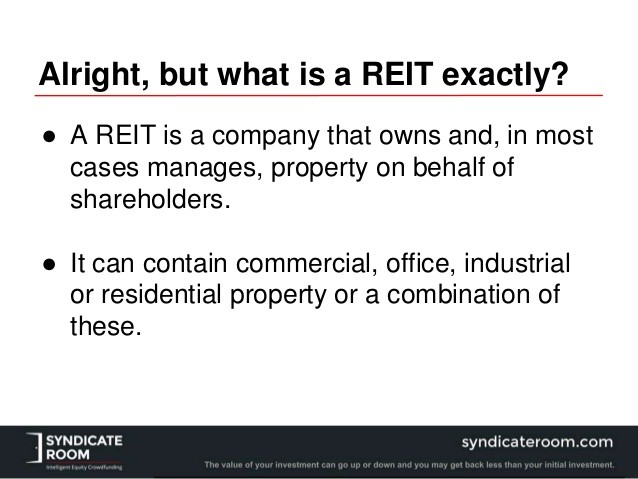Owning Rental Property vs Owning REITs
Post on: 6 Июль, 2015 No Comment

A reader emailed me recently about the benefits and pitfalls of owning a rental property versus owning a dividend stock. As both arent on a level playing field, I thought comparing owning investment real estate to owning a real estate investment trust (reit) would be a more fair comparison.
Being a real estate investor was something I dabbled into upon graduating from University. As its a popular and proven way to build long term wealth, I jumped in with both feet. I soon realized however, that while managing properties was tolerable, managing tenants wasnt as fun. As a result, I eventually realized that the real estate rental business wasnt for me and gradually sold off my rentals. Today, the only real estate that I own is my principal residence.
What is a REIT. A Real Estate Income Trust is a company that owns property, collects rent, and distributes the profit to shareholders. Its an easy way to get real estate investment exposure without getting your hands dirty or managing tenants. However, the investor has no control over properties, purchasing/selling decisions, and especially the market. Even if the REIT is strong, a weak market can irrationally decimate share prices (see crash of 2008) thus potentially reducing portfolio value.
Rental Real Estate
There are advantages of owning rental real estate directly.
- To start, you get control over the property, cash flow and tenants.
- The investor can pick and choose which properties to purchase, as well as which repairs/upgrades to create value.
- Theres something to be said about having capital in a physical property thats more real than having money in the market.
- There are many tax deductions when owning rental s and if you own multiple units, you can claim a portion of your vehicle and home office .

As with any investment, there are also drawbacks.
- Owning rental real estate is a business and can be time consuming.
- Working with non-paying tenants can be challenging and stressful if cash flow is tight. Of course, this can be partially alleviated by hiring a property manager which of course eats into monthly cash flow.
- Owning rental real estate directly is illiquid and quite costly to dispose of should the need arise (real estate, legal fees, time on market etc).
- Leverage (mortgage) may be required along with the now minimum 20% cash down payment.
Real Estate Investment Trusts (REITs)
- What I like most about REITs is how hands off it is and how picking strong REITs can provide a steady passive income source.
- The investor can get real estate investment exposure without directly dealing with clogged toilets and late rents.
- The barrier of entry is much lower where any investor with a brokerage account can get REIT exposure.
- One of the major advantages of REITs over rental properties is the diversification possibilities. Instead of having a large portion of your capital in a single property, you can have them spread out over many properties across the country via a REIT.
Sounds like a no brainer to go with a REIT instead of owning property directly, however, there are drawbacks.
- For those of you who like the control of owning rental properties, REIT performance depends on the management of the company.
- Your investment capital will be at the mercy of the volatility of market which can fluctuate significantly (see 2008).
- Leveraging REITs can negatively impact the tax deductibility of the investment loan .
Final Thoughts
There are many advantages and drawbacks of both owning rental properties and investing in REITs. Either can be successful depending on your aptitude and interest. What do you think? REITs or rental real estate?














